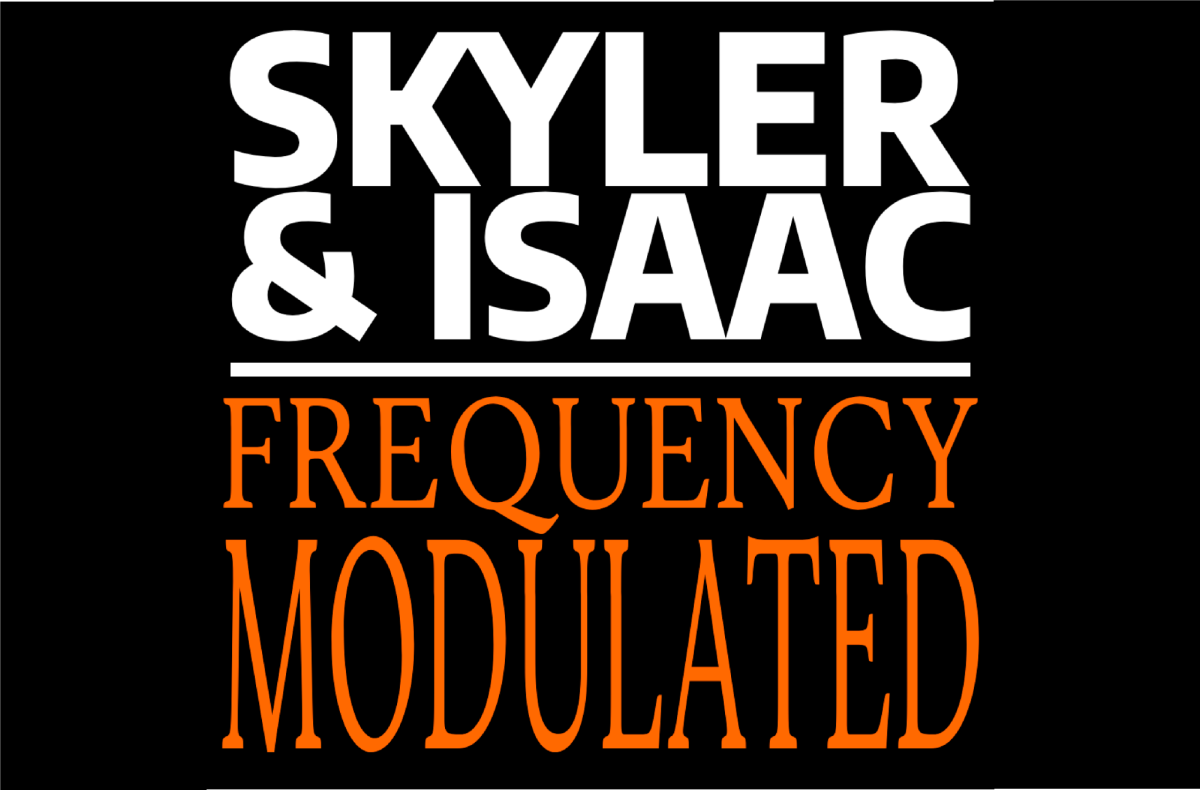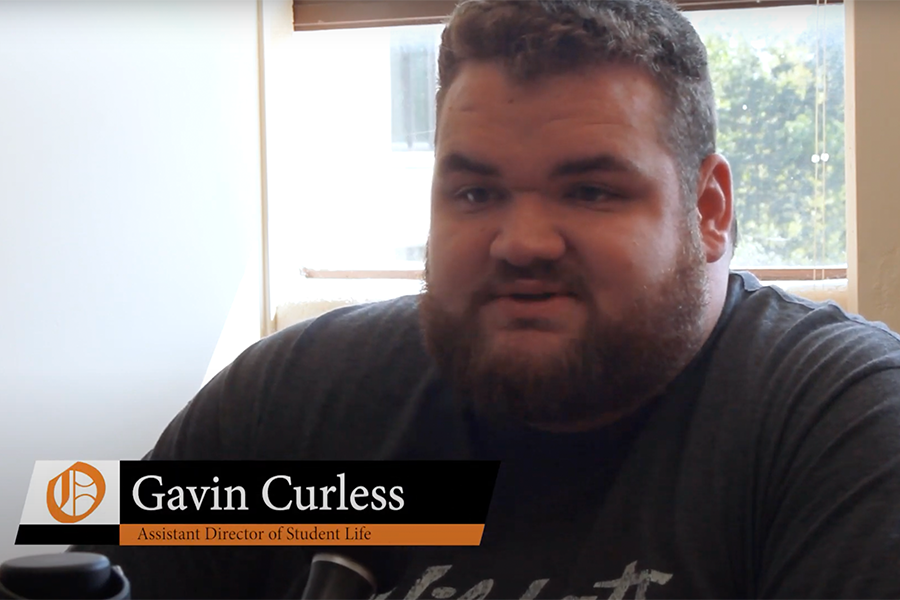After several months of discussion and debate, the Baker University Faculty Senate has decided to reduce the number of required interterms from three to two.
Right now, it has not been decided whether or not the changes will be immediately applied to all classes or to the next incoming freshman class.
This decision should be an easy one to make.
It would be hypocritical of the senate to decide not to apply the changes immediately to all levels.
The faculty passed the reduction of interterms was because students have shown concern about the number of interterm courses required to graduate from Baker.
Students have interpreted the use and worthiness of interterm in different ways, not always with the most positive regards.
The senate wanted to make the changes “to maintain the empirically supported claim that interterm has benefits for student retention.”
Why make the students who have already benefited from two interterms take a third, while only requiring incoming students to take two?
Another reason the faculty reduced the number of interterms from three to two is so students can have more freedom in choosing their future interterms.
For example, if a student has taken the two required interterms, he or she may choose to take a travel interterm, internship or no interterm at all.
But, if this reduction isn’t applied to all classes, how can each student benefit from the changes?
Another change the senate is still discussing is the idea of offering graded and catalog courses during interterm.
This change can be especially beneficial to current junior or senior students trying to complete graduation checklists, as it will be a way to fulfill a requirement in the short three-week time period.
However, how can this happen if the changes aren’t applied to those who may benefit most from it?
Not granting this amnesty to current students may also cause confusion when it comes to graduation checklists and catalogs, if a different number of credit hours is required of each class.
While the jury is still out on when these changes will occur and how they will be applied, it makes the most sense to apply it immediately to every student.
Life may not always be fair but graduation checklists should be fair and equal for all students regardless of levels completed in the process of receiving degree or a student’s major.
Students should get the same opportunity to have longer winter breaks instead of feeling like they are wasting time for three weeks during the month of January taking a class they may believe is not needed.
Rather than creating a discrepancy, the faculty should remember why they made these changes in the first place.








